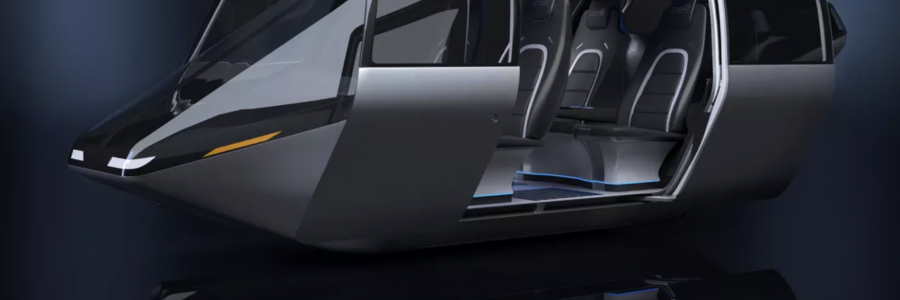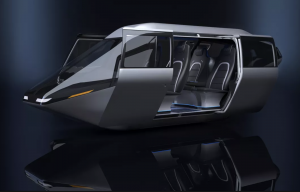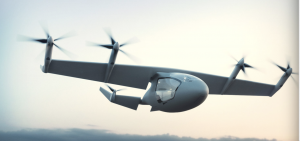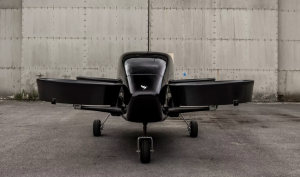
Race is on for vertical flying vehicles by 2025



Aviation giant Bell, one of the largest manufacturers of commercial and military vertical take-off vehicles has claimed flying taxis may become a reality within the next six years as it showed off vertical take-off and landing “flying car” concept in partnership with Uber Elevate. The Hybrid Nexus is powered by six propellers and would carry four passengers and a pilot with a top speed of 150 mph and a 150-mile range.
Scott Drennan, vice president of innovation at Bell told a panel discussion at the CES tech show in Las Vegas that the service could be in use as early as 2025, with several challenges still to overcome before the technology takes off such as making lighter batteries. He further said how cities had reached thresholds and limits with the current transportation systems and that a vertical dimension was the only way to increase capacity. Bell has struck a deal with Nasa to carry out its first urban tests in the US, delivering blood, organs and critical medical supplies. He also believes vertical take-off vehicles could be safer than driverless cars because the flying cars will be flown by professional pilots and would not encounter the problem of unpredictable road users.
Bell’s project needs first to overcome legislative and safety hurdles and problems of how to incorporate a potentially large number of flying cars into existing city infrastructure.
Vertical Aerospace is a British startup that has built and flown a fully electric vertical take-off and landing (eVTOL) aircraft. The pilotless demonstrator aircraft weighs 750-kg (1600 pounds) and flew across Cotswold Airport in Gloucestershire earlier this summer. Vertical Aerospace says it aims to launch a fully operational Air Taxi service by 2022 and plans to do with pilots.
British Aerospace company Rolls-Royce is developing a personal electric flying vehicle could be in market by 2020s.
The company revealed the concept at Franborough International Airshow. Rolls Royce already has vertical take-off and landing technology needed to realise its concept vehicle, but it is currently develoiping its compustion engine into a hybrid system. Rob Watson Electrical director at Rolls-Royce said “Electrification is an exciting and inescapable trend across industrial technology markets and while the move to more electric propulsion will be gradual for us, it will ultimately be a revolution. We are well place to play a leading role in the emerging world of personal air mobility and will also look to work in collaboration with a range of partners”
